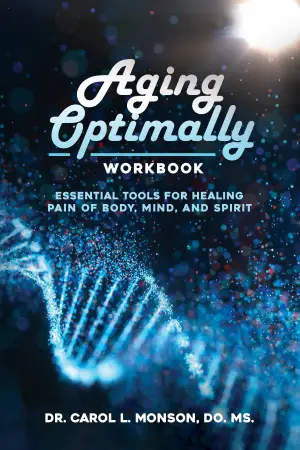When the Harvest Comes: A Journey of Becoming and Resilience
As a book blogger, I am often drawn to narratives that pulse with authenticity, and Denne Michele Norris’s When the Harvest Comes captured my attention immediately. Set to be released by Random House on April 15, 2025, this novel resonates deeply with themes of love, identity, and the oft-painful journey of self-discovery. It was a privilege to receive an eARC from NetGalley, and I am thrilled to share my thoughts on this poignant story that left me both raw and contemplative.
At its heart, When the Harvest Comes is a tender exploration of Black masculinity and the suffocating expectations that accompany it. Through the life of Davis, a Juilliard-trained violist perched on the brink of marriage to his white fiancé Everett, Norris reveals the intricacies of love—romantic, familial, and self. What struck me most was how Davis embodies a tapestry of dualities: grace intertwined with violence, yearning mixed with restraint. Music serves as his sanctuary, yet cannot shield him from the shadows of his past, particularly the looming figure of his father, The Reverend. The intricate dance between past and present in the narrative mirrors Davis’s own internal struggle, and I found myself deeply empathetic to his quest for beauty and safety in a world that has so often refused him access to both.
Norris’s writing is nothing short of breathtaking; the pacing is deliberate yet fluid, allowing the emotions and revelations to unfold organically. The novel’s structure—fluctuating between Davis’s past traumas and present relationships—keeps the reader engaged on a visceral level. I was particularly moved by the way Davis’s fixation on beauty—seen in his choice of a femme jumpsuit for his wedding and his meticulously groomed appearances—serves not as mere vanity, but as a lifeline in a world ripe with the threat of violence against difference.
One moment that lingered with me was Davis’s eventual recognition of his identity as Vivienne, a name gifted through his father’s final letter. This poignant transformation represents not just a personal rebirth but a profound reclamation of self, interwoven with the complexity of familial love. While the story isn’t tied with a neat bow at the end, it offers a tender step towards wholeness, echoing the reality that self-acceptance often requires confronting unhealed wounds.
If I had any reservations, it lay in certain subplots—like Olivia’s abortion—feeling a bit underdeveloped in contrast to the otherwise fluid emotional arc. However, this is a minor flaw in a work that ultimately left me breathless. Norris’s deft handling of race, gender identity, and intimacy makes this novel a critical addition to contemporary literature.
When the Harvest Comes is recommended for those drawn to emotionally rich narratives that delve into Black queer and trans identities, as well as readers who appreciate the intricacies of familial trauma and healing. Fans of Ocean Vuong’s On Earth We’re Briefly Gorgeous and Nicola Dinan’s Bellies will find themselves at home within these pages.
This book has impacted me profoundly, serving as a reminder that our journeys of becoming are valid, and that survival, at times, is its own form of grace. I look forward to carrying Vivienne’s story with me long after the last page.






